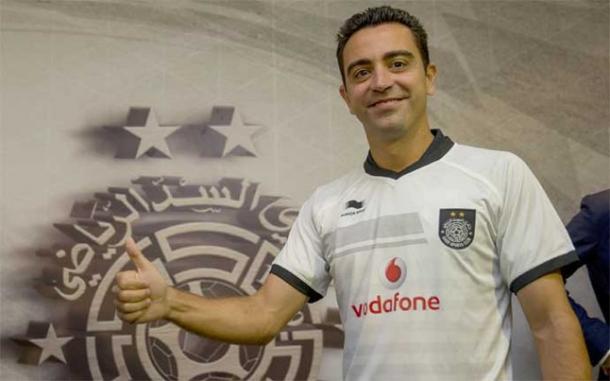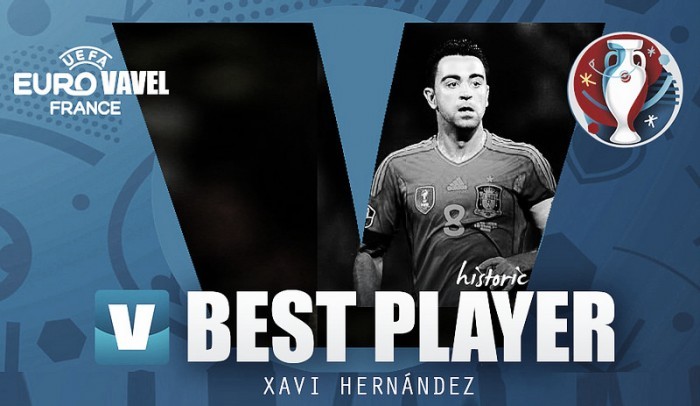Xavi Hernandez. The most intelligent player to ever grace a football pitch. It’s going to be difficult to find a player like him again, whilst it will be a long time until we see someone remotely similar. Without a doubt, his national team will miss him in the European Championship that takes place in France. All the honours collected by the Spaniard owe it to his great vision, which resulted in mesmerising assists. Xavi was already five moves ahead of the next play. The Barcelona product started by playing in the most advanced positions on the pitch at their famous La Masia academy, before being reconverted to a deeper role.
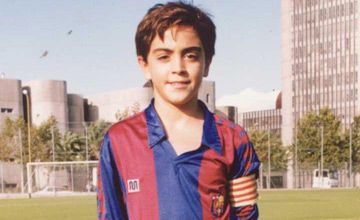
La Computadora (The Computer) as he is known, may not be renowned for his pace or strength, but for what he lacks in that, he makes up for with vision and technical ability. Xavi could pick a pass that no-one else could see. Roll back to 15 November 2000, Xavi made his Spain debut in a friendly against Netherlands at the Estadio La Cartuja de Sevilla, and since then, the player would soon develop into the Xavi Hernandez football fans around the world know him for.
His next stop on the international stage was Korea – Japan World Cup in 2002. Then Spain manager José Antonio Camacho progressively gave Xavi more and more leadership, which developed the Spaniard into a dynamic player.
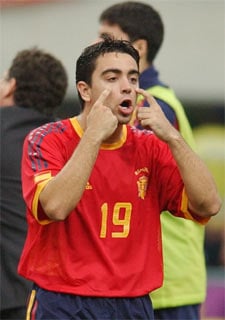
Neither Iñaki Sáez nor Frank Rijkaard had faith in the midfielder at club level, with both dropping Xavi further and further back from the forward line, placing him in a more recuperative role (in which he didn’t stand out). Both trainers wanted a more incisive, aggressive style of football which operated in using wide midfielders, as a result, Xavi failed to live up to the hype at club level. It was during the 2006 World Cup in Germany when Xavi shone under Luis Aragonés, who gave him much more confidence. Every play had to pass through the puppet master.
After winning the U20 World Cup and receiving a gold medal at the Sydney Olympics, his next triumph came in the form of Euro 2008, which resulted in Xavi being named ‘Player of the Tournament’ where Spain beat Germany in the final.
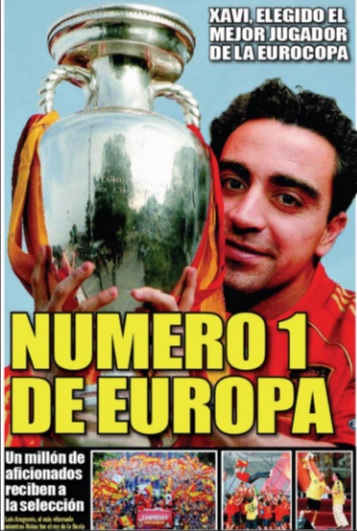
His way of playing, his vision of the game, his intelligence all contributed towards Xavi controlling the game. Control, tactical awareness and pin-point passing meant that the Spaniard was now one of the most talked about players in world football. At the time, there was no player that came close to having the passing ability that Xavi possessed.
Short, long, through balls, Xavi could play any type of pass from anywhere on the pitch, with an average of 90% pass completion rate during his international career. Not only could he dictate play as it happened, Xavi also had the ability to record assists from dead-ball opportunities – whilst occasional scoring the odd free-kick.
España rejoices...
Xavi’s role in the national team did not stop there. In 2010, he became world champion and was chosen amongst the best XI of the tournament. Xavi appeared for La Roja for the 100th time on 25 March 2011 in a qualification match for the European Championship 2012, in which Spain would triumph again.
Hosted in Poland and Ukraine, Xavi created a special partnership with club teammate Andres Iniesta, whilst the Barcelona midfielder was chosen as ‘Player of the Tournament’. Two years later, he announced his retirement.
End of an era...
His last match came against Czech Republic in Nuevo los Cármenes. Xavi boasts exceptional numbers with La Roja: 133 caps, scoring 12 goals, but to go with that came astute performances which cemented his legacy in Spanish football.
The man with finding Xavi is Louis van Gaal, who gave the young Spaniard his first break during 1998, a match in the Spanish Supercup in which he scored against Real Mallorca. This golden era at Barcelona continued as Pep Guardiola was named coach in 2008.
Guardiola is renowned for his tiki-taka style football, moving the ball from one place to another in a flash, elaborating on plays with precision, class and patience. Xavi was the central-figure of key 2-6 and 5-0 victories against Real Madrid, and in the triumphs of La Liga, Champions Leagues and Copa del Rey’s.
During 2010, Xavi was close to winning the Ballon d’Or – award for the greatest player – ending in third place after his teammate Lionel Messi collected his second accolade.
In May 2015, the Spanish great emigrated from Barcelona with tears in his eyes after leaving the club of his life. His current team, Al-Sadd in Qatar is where the Spaniard currently graces a football pitch, showing elegance and magic, giving joy to the Qatari thousands.
